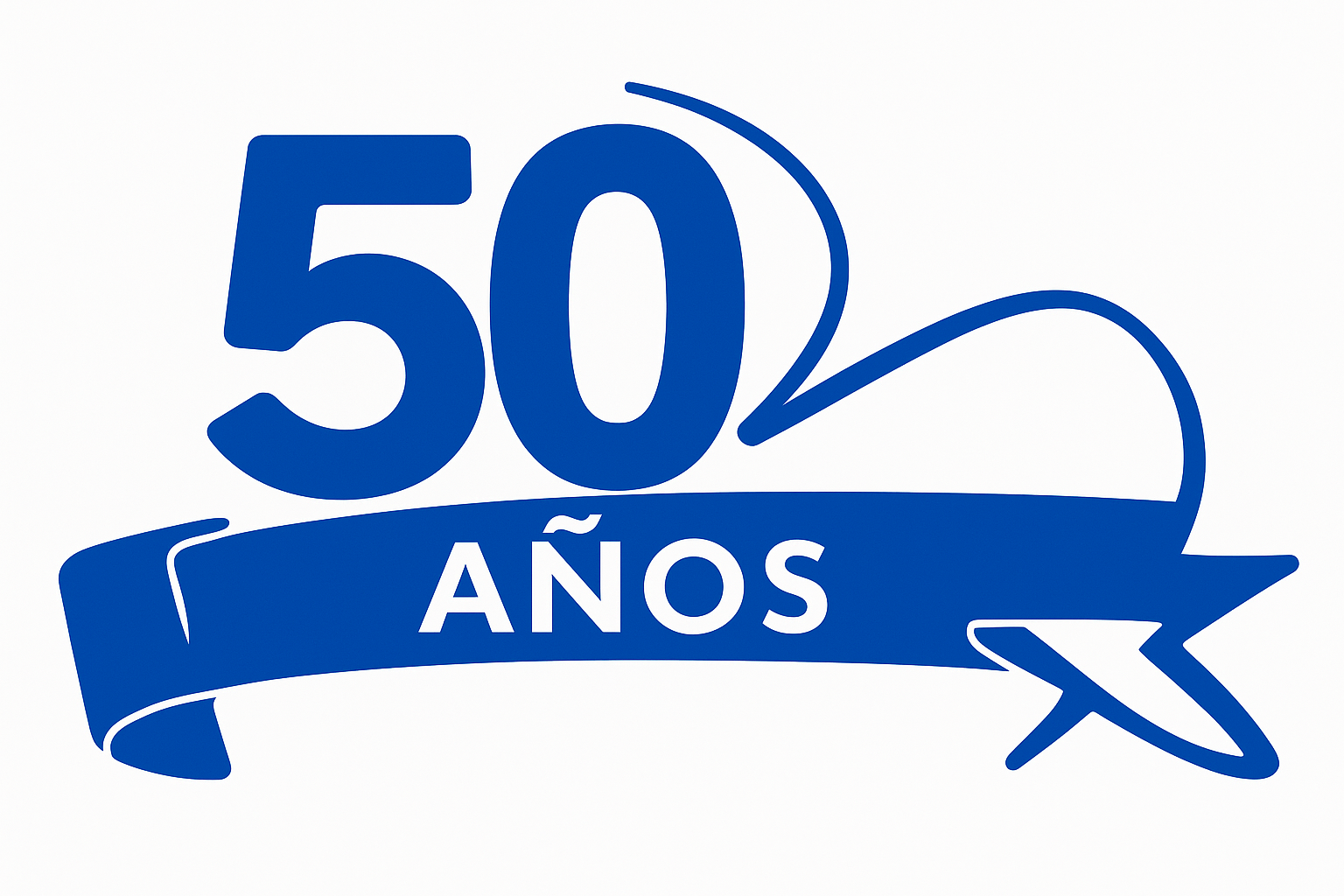Before and after a heart surgery
The surgery will be scheduled for the day that best suits you and the medical-surgical team of Clínica Cardiovascular, except in cases of urgency.
It is very important to inform the surgeon and the cardiologist if there have been any changes in your health, even if you have had symptoms of a cold or flu. Infections can affect recovery. Prior to your surgery, you will require a series of laboratory tests and pre-operative evaluations with certain specialists to ensure a better recovery.

Most of our patients are on treatments with one or more anti-platelets (Aspirin, Clopidogrel, etc.), depending on the case these medications will be discontinued days before the procedure.
It is very important to clarify all the doubts before the procedure to both, the patient and the family. In Clinica Cardiovascular we are aware of the importance of communication, so do not hesitate to express all your doubts. You will receive complete instructions from the cardiologist and the cardiac surgeon before surgery, and will be thoroughly explained.
Day of intervention
Anticipate a hospital stay of approximately one week, during which you will stay two to three days in the intensive care unit and 2 to 3 days in the Hospitalization room.
Prior to the procedure, blood samples will be taken to prepare the Blood Bank and the informed consent forms will be given to be read and signed by you. Do not hesitate to clarify any questions you may have.
Depending on the surgery to be performed, certain patients will require shaving of certain parts of the body, our staff will take care of it, so you should not be worry.
On the day of the surgical procedure, you will not be able to eat food, but you will be given certain medications that you usually take, as the case may be.
Who is in the operating room during the procedure?
During a cardiac intervention, a highly trained group of CLINICA CARDIOVASCULAR works as a team, in order to obtain the best results.
Cardiovascular Surgeons; Perform the surgical procedure in a team, simultaneously.
Cardiovascular anesthesiologists administer the medications that allows to the patient sleep, during the operation (that is, anesthesia) and control vital signs and the cardiovascular monitoring during the procedure, monitoring the function of the heart with ultrasound.
Perfusionist is in charge of managing the machine of extracorporeal circulation.
The scrub nurse and Cardiovascular Nurses are specially trained to assist in heart surgeries.
After the surgical procedure?
Once the heart surgery is finished, the patient is transferred to the Intensive Care Unit (ICU), still asleep and intubated, that is, it is still dependent on a breathing machine, where it will be evaluated and taken care of by the Intensivist, to maintain the vital signs stable until the patient can be awakened and candidate to extubate (this usually happens in the first 6 to 8 hours, depending on the case).
However, intravenous analgesic medication is continued to control post-operative pain.
Awakening can be both annoying and even feel disoriented. The intensive care physician and intensive care nurses will be there to support you.
You will also notice that you have two tubes coming out of the chest: these are the drains, which monitor postoperative bleeding, in most cases they are removed 48 hours after the procedure in the patient's bed.
During your stay at the ICU, your relatives will be able to visit you and you will be in contact with the CV Surgeons of Clinica Cardiovascular, the intensivist and your cardiologist. In most cases, you will remain 2 to 3 days in the ICU and 2 to 3 days in Hospitalization ward, if no complications occur. The morning after the surgery is usually started feeding by mouth and you will sit for a few hours, until you begin to take steps in the Unit.
Members of the Clínica Cardiovascular team will visit you, evaluating your vital signs, the condition of the drainage and the surgical wound. If there is no complication and the evolution has been favorable, the patient is transferred to the Hospitalization room until his discharge, where will be given all the recommendations and prescriptions for his care at home and when will be the next visit to go to Clínica Cardiovascular for his postoperative evaluation.




